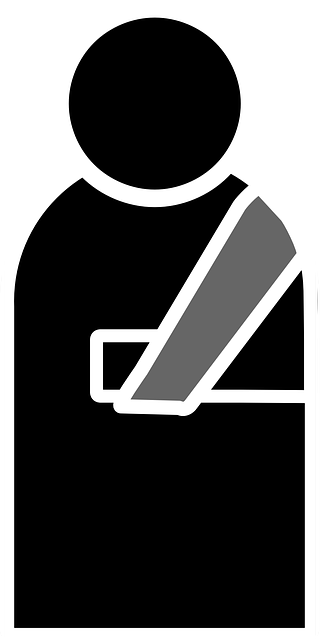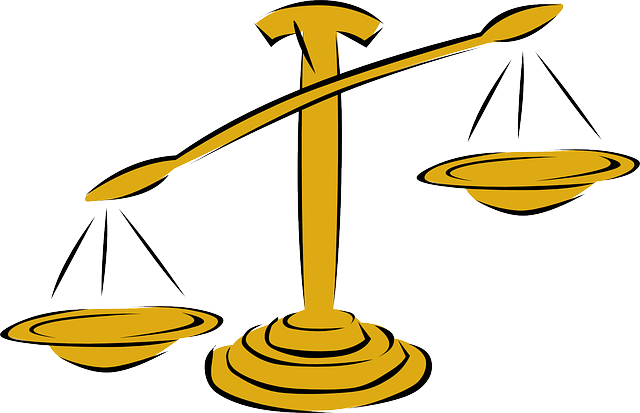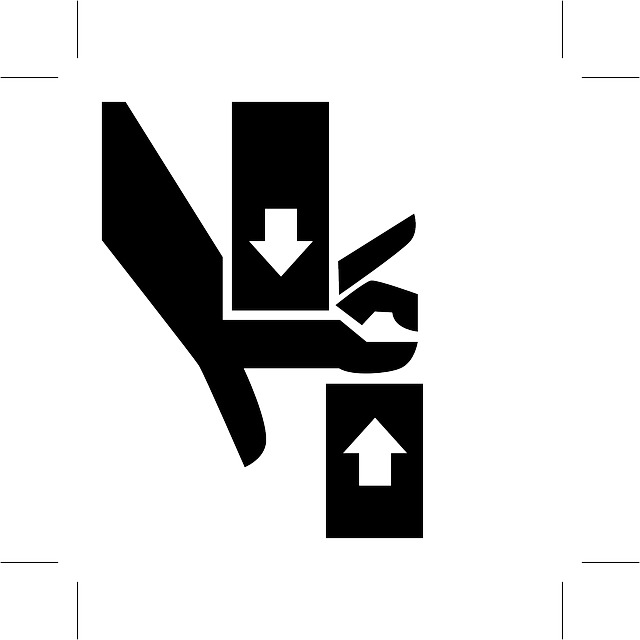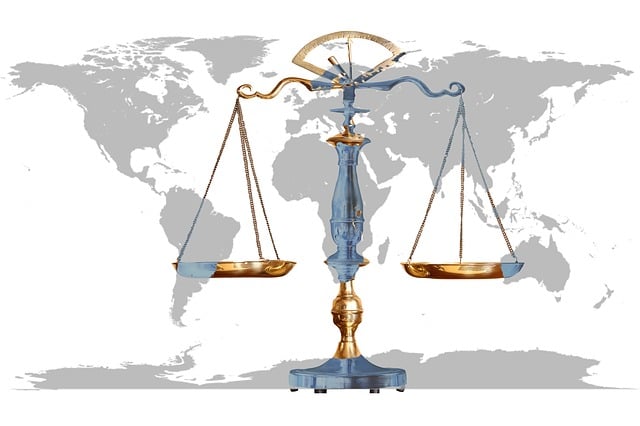Personal injury law protects individuals harmed by another party's negligence or intentional actions, offering compensation for damages including medical expenses, lost wages, and pain and suffering. Victims should gather evidence, consult an experienced attorney, and understand state-specific laws within set time limits. Common cases include car crashes, medical malpractice, and slip and falls, leading to legal procedures involving investigations, court filings, liability arguments, and settlements or trials. Compensation ensures victims receive resources for recovery while navigating complex legal systems.
Personal injury law is a crucial area of legal practice, ensuring individuals are compensated for unforeseen harm. This comprehensive guide delves into the intricacies of personal injury law, empowering you with knowledge. We explore common types of cases and their legal processes, highlighting the role of compensation. Furthermore, we navigate the path to justice, explaining your rights and options post-accident. Understanding these aspects is essential for anyone seeking redress and closure after an injury.
- Understanding Personal Injury Law: What You Need to Know
- Common Types of Personal Injury Cases and Their Legal Process
- The Role of Compensation in Personal Injury Lawsuits
- Navigating the Road to Justice: Your Rights and Options After an Accident
Understanding Personal Injury Law: What You Need to Know

Personal injury law is a complex legal field dedicated to protecting individuals who have suffered harm due to another party’s negligence or intentional actions. When someone is injured in an accident, whether it’s a car crash, slip and fall, or medical malpractice, they may be entitled to compensation for their damages under personal injury law. This includes reimbursement for medical expenses, lost wages, pain and suffering, and more.
Understanding the legal process within personal injury law is crucial. It involves investigating the incident, gathering evidence, filing claims, negotiating settlements, or taking the case to trial. Every state has its own set of laws and time limits for these processes, so it’s essential to be aware of your rights and responsibilities as a victim. Consulting with an experienced attorney who specializes in personal injury law can provide clarity, ensure your rights are protected, and help navigate this intricate legal landscape toward the best possible outcome.
Common Types of Personal Injury Cases and Their Legal Process

In the realm of personal injury law, various cases come under the umbrella, each with its own unique legal process and considerations. Common types include motor vehicle accidents, where negligence leads to collisions resulting in injuries. Another significant category is medical malpractice, arising from unsafe practices or errors within healthcare settings. Additionally, slips and falls, often occurring on premises due to negligence, are prevalent personal injury cases. These incidents can result in serious injuries, from fractures to traumatic brain injuries.
The legal process for these cases typically involves a thorough investigation into the incident’s circumstances, gathering evidence such as medical records, witness statements, and expert opinions. This is followed by filing a claim with the appropriate court or administrative body, where plaintiffs present their case arguing liability and damages. Defendants then have the opportunity to respond, often leading to negotiations for a settlement or proceeding to trial where a judge or jury determines liability and awards compensation based on proven damages under personal injury law.
The Role of Compensation in Personal Injury Lawsuits

In personal injury law, compensation plays a pivotal role in ensuring justice and fairness for victims. When an individual suffers injuries due to another party’s negligence or intentional actions, they are entitled to seek financial redress. Compensation is not merely about monetary gain but serves as a means to reimburse the victim for their losses and alleviate the burden of medical expenses, pain, and suffering. This aspect of personal injury law is crucial in helping victims rebuild their lives after an unforeseen tragedy.
The process involves evaluating the damages incurred, which can include medical bills, rehabilitation costs, lost wages, and non-economic losses such as physical pain and emotional distress. Skilled attorneys specializing in personal injury law work diligently to gather evidence, negotiate with insurance companies, or litigate in court to secure a settlement or verdict that reflects the full extent of the victim’s compensation needs. This ensures that individuals harmed by others’ negligence have access to the resources necessary for their physical and emotional recovery.
Navigating the Road to Justice: Your Rights and Options After an Accident

After a personal injury accident, navigating the legal system can seem daunting. However, understanding your rights and options is crucial in seeking justice. The first step is to ensure your safety and that of others involved. Documenting the incident by taking photos of injuries, damage to property, and gathering contact information from witnesses is essential. This evidence will be vital when presenting your case under personal injury law.
Seeking medical attention promptly is also critical, as it provides a clear record of your injuries and can strengthen your claim. Next, consider consulting with an experienced attorney specializing in personal injury law. They can guide you through the legal process, explain your rights, and help determine the best course of action. This could involve negotiating a settlement with insurance companies or filing a lawsuit to seek compensation for medical bills, pain and suffering, and other damages allowed under the applicable laws.
Personal injury law plays a pivotal role in ensuring victims receive fair compensation and justice after accidents or harm. By understanding the various types of cases, the legal process involved, and your rights, individuals can navigate their options with confidence. This knowledge empowers folks to make informed decisions and seek the support they need to move forward. Whether it’s car accidents, medical malpractice, or slip-and-fall incidents, recognizing the importance of personal injury law is a crucial step towards achieving resolution and healing.
